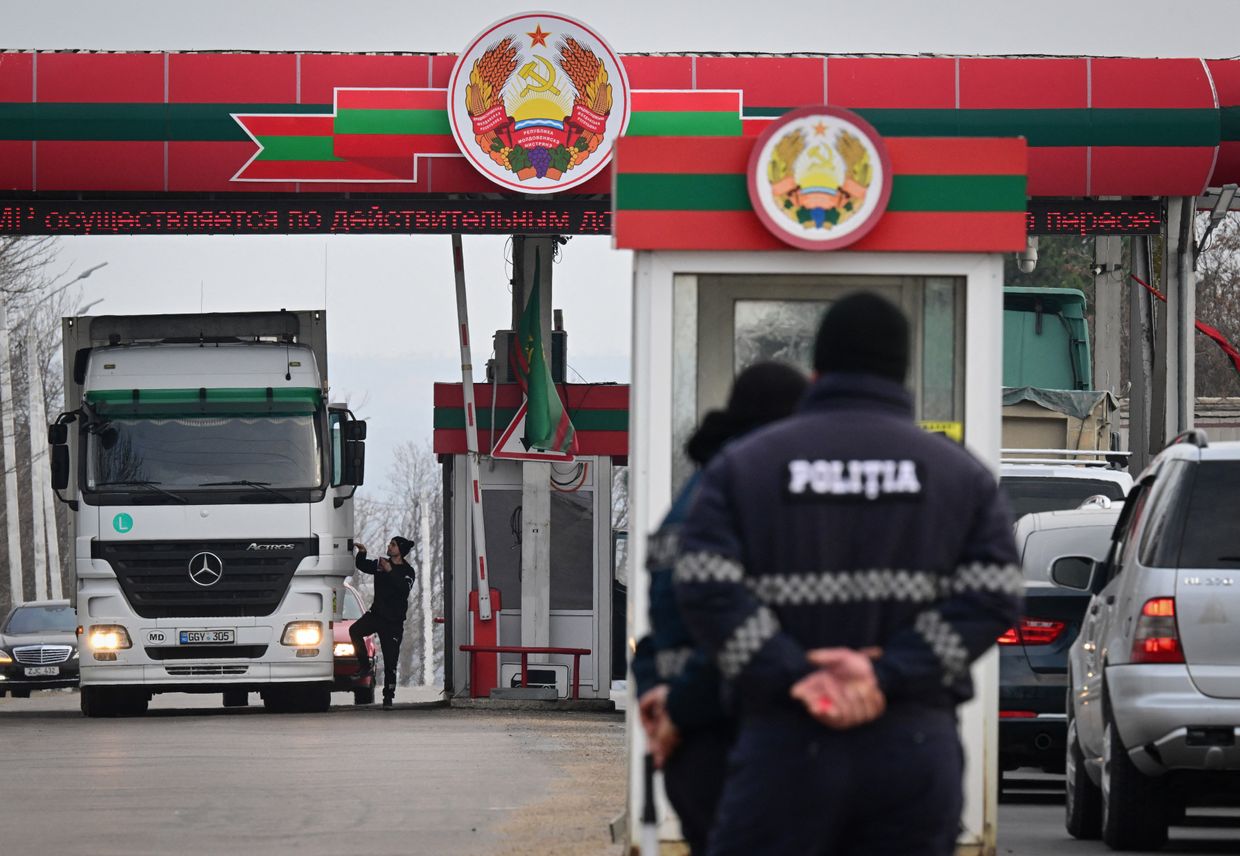Transnistria rejects EU aid offer under Moscow's pressure, Moldova's PM says

The Moldovan government said that Transnistrian authorities refused to accept the European Union's offer of 60 million euros ($62 million) in energy aid under pressure from Moscow, the Moldovan media outlet Newsmaker reported on Feb. 10.
Moldovan Prime Minister Dorin Recean said that Tiraspol rejected the EU's financial assistance due to the conditions attached to the aid, attributing the decision to Russian influence.
The Russian-occupied Moldovan region of Transnistria has faced critical energy shortages since Russia's Gazprom halted its gas supplies in January, a move coinciding with Ukraine ending a deal on Russian gas transit.
The Russian energy giant claimed the decision was taken due to an alleged unpaid debt by Chisinau rather than transit issues.
"Tiraspol has refused (the EU's offer of aid). Russia does not allow them to accept European aid for fear of losing control over the region," Recean said.
The European Commission has offered 60 million euros ($62 million) to Transnistria as part of its two-year strategy on energy support for Moldova. The aid package was contingent on commitments from local authorities to improve "fundamental freedoms and human rights" and to ensure that the funds would not be used for "energy-intensive activities."
According to Recean, the primary condition that led Transnistrian authorities to reject the aid was a requirement for a gradual increase in consumer tariffs.
"As a result, they cannot receive European aid. This means that the residents of Transnistria will continue to live in a state of unpredictability," he added.
Despite the rejection, Chisinau said it would continue supplying gas to the region. Moldova's government reached an agreement with Hungary's MET Gas and Energy Marketing AG, which will secure funding from Dubai's JNX General Trading to provide gas.
"Both companies have been audited and will supply gas to the Moldovan border under a contract with Moldovagaz... This is not an agreement between the Moldovan government and Russia; it is a decision to keep people (in Transnistria) from freezing," Recean said.
Currently leading talks on EU accession, Moldova has pivoted toward European supplies but remains dependent on electricity from Transnistria's Kuciurgan power plant, which runs on Russian gas.













